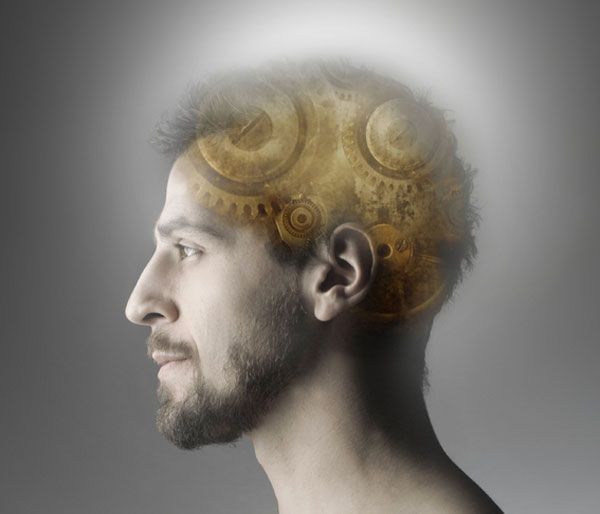
What Distinguishes Humans from Other Animals?

There's no consensus on the question of what makes us special, or whether we even are. The biggest point of contention is whether our cognitive abilities differ from those of other animals "in kind," or merely in degree. Are we in a class by ourselves or just the smartest ones in our class?
Charles Darwin supported the latter hypothesis. He believed we are similar to animals, and merely incrementally more intelligent as a result of our higher evolution. But according to Marc Hauser, director of the cognitive evolution lab at Harvard University, in a recent article in Scientific American, "mounting evidence indicates that, in contrast to Darwin's theory of a continuity of mind between humans and other species, a profound gap separates our intellect from the animal kind."
Hauser and his colleagues have identified four abilities of the human mind that they believe to be the essence of our "humaniqueness" mental traits and abilities that distinguish us from our fellow Earthlings. They are: generative computation, promiscuous combination of ideas, the use of mental symbols, and abstract thought. [Read: Top 10 Mysteries of the Mind]
1. Generative computation
Humans can generate a practically limitless variety of words and concepts. We do so through two modes of operation recursive and combinatorial. The recursive operation allows us to apply a learned rule to create new expressions. In combinatorial operations, we mix different learned elements to create a new concept.
2. Promiscuous combination of ideas
"Promiscuous combination of ideas," Hauser explained, "allows the mingling of different domains of knowledge such as art, sex, space, causality and friendship thereby generating new laws, social relationships and technologies."
Sign up for the Live Science daily newsletter now
Get the world’s most fascinating discoveries delivered straight to your inbox.
3. Mental symbols
Mental symbols are our way of encoding sensory experiences. They form the basis of our complex systems of language and communication. We may choose to keep our mental symbols to ourselves, or represent them to others using words or pictures.
4. Abstract thought
Abstract thought is the contemplation of things beyond what we can sense.
"This is not to say that our mental faculties sprang fully formed out of nowhere," Hauser wrote. "Researchers have found some of the building blocks of human cognition in other species. But these building blocks make up only the cement foot print of the skyscraper that is the human mind. The evolutionary origins of our cognitive abilities thus remain rather hazy. Clarity is emerging from novel insights and experimental technologies, however."
- Why Haven't All Primates Evolved Into Humans?
- How Are Memories Stored In the Brain?
- What's the Difference Between the Right and Left Brain?
Follow Natalie Wolchover on Twitter @nattyover. Follow Life's Little Mysteries on Twitter @llmysteries, then join us on Facebook.
Natalie Wolchover was a staff writer for Live Science from 2010 to 2012 and is currently a senior physics writer and editor for Quanta Magazine. She holds a bachelor's degree in physics from Tufts University and has studied physics at the University of California, Berkeley. Along with the staff of Quanta, Wolchover won the 2022 Pulitzer Prize for explanatory writing for her work on the building of the James Webb Space Telescope. Her work has also appeared in the The Best American Science and Nature Writing and The Best Writing on Mathematics, Nature, The New Yorker and Popular Science. She was the 2016 winner of the Evert Clark/Seth Payne Award, an annual prize for young science journalists, as well as the winner of the 2017 Science Communication Award for the American Institute of Physics.
Most Popular



